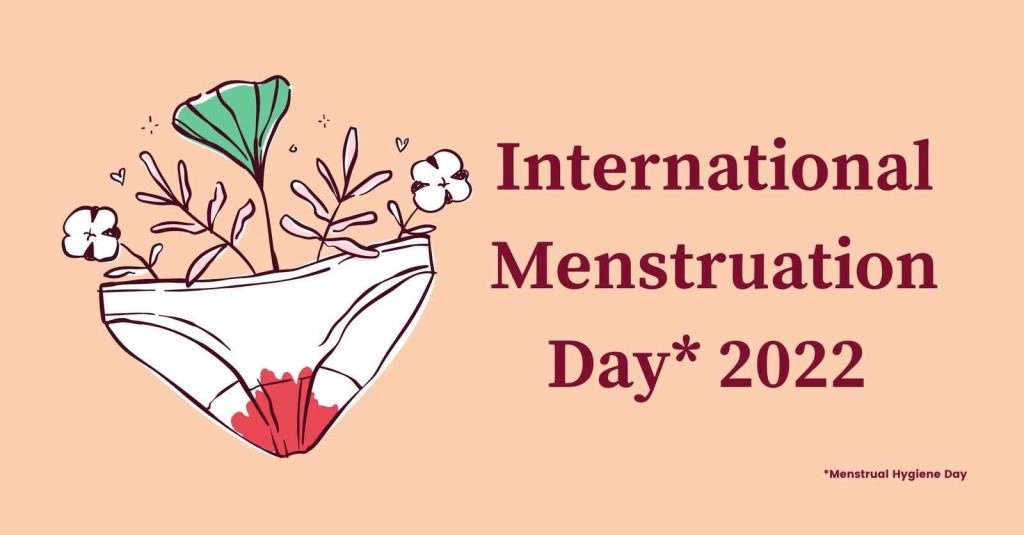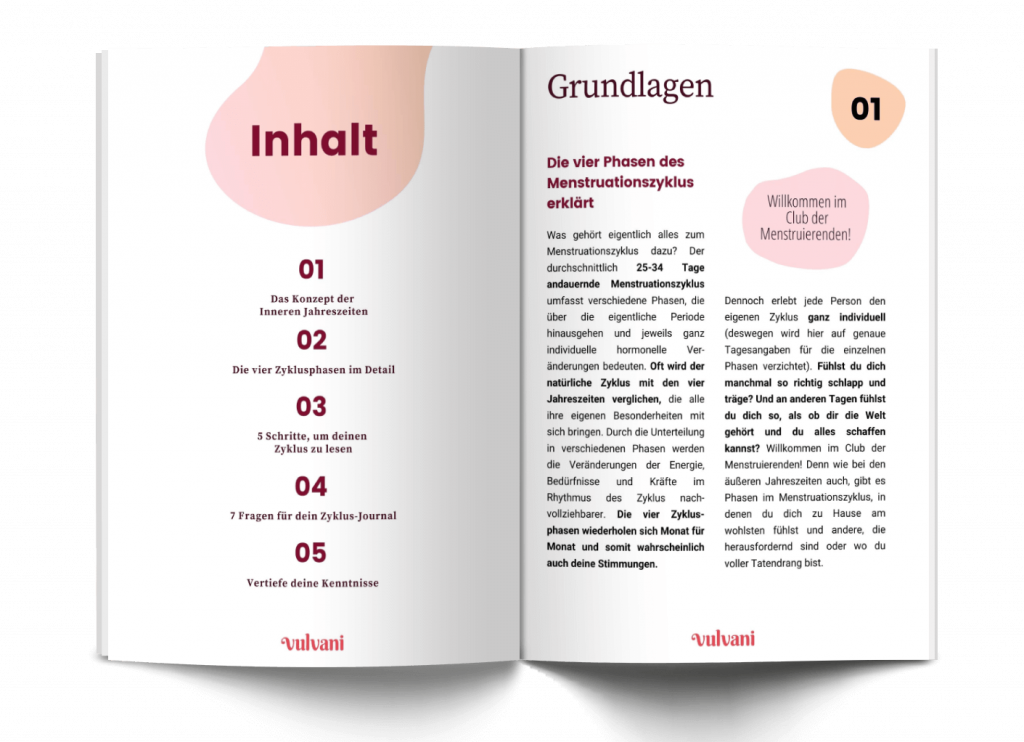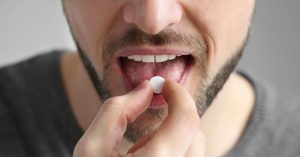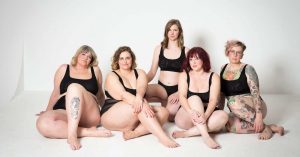
Discovering your menstruation as a spiritual practice
Yasmine understands her menstruation as a spiritual practice and shares in this interview how she is connecting more with her own body through cycle awareness.

The term used for International Menstruation Day by its founding organisation is ‘Menstrual Hygiene Day’. This term has its issues, so in this article I will use the term ‘International Menstruation Day’ instead. However, the organisation is called Menstrual Hygiene Day, and that is the name they use in their social media campaigns and projects. ‘International Menstruation Day’ is not an official term (yet!).
International Menstruation Day occurs every year on May 28th. The organisation ‘Menstrual Hygiene Day’ works around the year, but especially then, to break taboos and prevent the harm they do to menstruators. This includes providing resources for periods, as well as fighting to keep menstruators in education. For example, the United Nations Population Fund reaches out to provide these services to all menstruators in need. They do this even in areas of conflict like Ukraine and northern Ethiopia, or natural disasters, like Haiti and Tonga. The UNFPA says that International Menstruation Day is ‘meant to advance menstruation as a biological process’ and eradicate harmful views of it.
There are potential problems with the original term Menstrual Hygiene Day – Vulvani’s co-founder Britta discussed how it can frame menstruation as something ‘unclean’. That’s why I am calling it International Menstruation Day. But it’s an important part of the calendar for any menstrual and/or sexual health activist. The Menstrual Hygiene Day organisation’s goal is to make sure nobody is held back by their period at all by 2030. In 2022, they intend to bolster this by switching from ‘calling for action to committing to action’. They have launched a social media campaign with the hashtag #WeAreCommitted. They encourage all events or social media posts which contribute to this!
This organisation provides free resources, both online and physical, to help non-profits and individuals further destigmatise periods the year round. They even have free resources for education about menstruation itself. These include stories for children, reports, fact sheets, policy briefs and more, in multiple languages! They encourage people to approach politicians, community leaders, and the media, to make a difference in local areas. In particular, come May 28th, you can join their online campaigns to spread the word with their chosen hashtags.
Live events also happen on May 28th. In 2021, the African Coalition on Menstrual Health Management and UNFPA East and Southern Africa hosted the African Coalition Symposium. There was a similar Virtual Symposium on Menstrual Health and Hygiene in West and Central Africa. The organisation for International Menstruation Day also hosted an online screening and discussion for Pandora’s Box, a film about menstruation around the world. There are many more examples on their website. From events local to international, International Menstruation Day is a chance to make an impact for menstruators around the world.
For 2022, the organisation Menstrual Hygiene Day has several campaign motifs and points of interest. These are education, stigma around periods, access to necessary products, and their plan for 2030. They have hashtags specific for their social media campaign this year. The overarching ones are #WeAreCommitted and #MHDay2022, but they also have #EndPeriodStigma, #EndPeriodPoverty, #PeriodEducationForAll, and #PeriodfriendlyToiletsForAll. You can tag their social media channels in posts which contribute to the campaign, both to get a boost and to boost them! They are @mhday28may on Twitter and, @menstrualhygieneday on Instagram and @menstrualhygieneday on Facebook.
Most interestingly, though, for this year they have designed a bracelet. Made of twenty-eight beads, five of the beads are red, and the rest white. This is because the average period comes every twenty-eight days, and lasts for five days. The bracelet is meant to serve as a simple symbol for the movement. It can be incorporated into social media posts, events, and anything else run during International Menstruation Day to raise awareness.
So, what are you doing on May 28th? The power behind International Menstruation Day is in how accessible and universal it is. While large organisations can throw large events to destigmatise periods, it also allows local people to make change happen. Whether on social media or in-person – how will you get involved?



Yasmine understands her menstruation as a spiritual practice and shares in this interview how she is connecting more with her own body through cycle awareness.

What options are there for male birth control? Ailsa delivers an overview of what is available now, and what may come in the future.

Sustainable underwear? The founders of TUKEA talk about fair labour conditions, body diversity and body literacy.
…and empower countless women to make empowered choices about their bodies!

